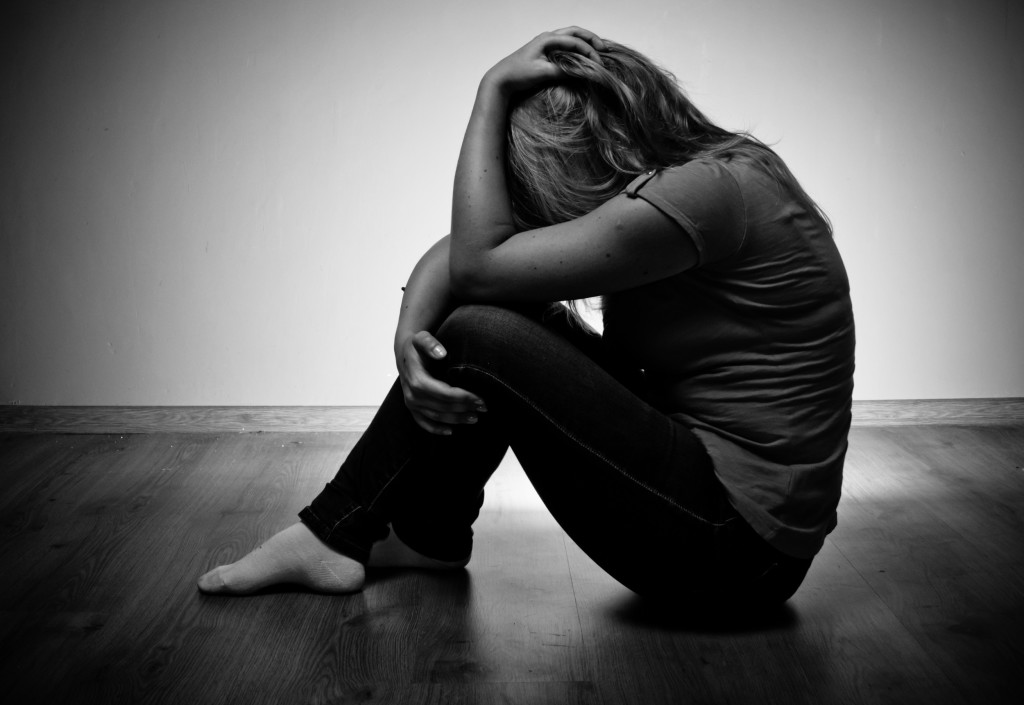When Forgiveness Becomes Abuse – by Eliezer Gonzalez
- Bible
- Bible study
- Christian Evidences
- Christian Living
- Christianity
- Dr Eliezer Gonzalez
- Eternal Life
- Faith
- Forgiveness
- Gospel
- Grace
- Jesus
- New Testament
- Prayer
Dec 2, 2015 2455

In some of my recent blogs I have been writing about grace and forgiveness. When we consider the utter unconditional nature of how Christ accepts us and forgives us, it is sometimes difficult to reconcile this with the challenges of daily life. Not only do we struggle to view others through Christ’s eyes, and treat them accordingly, but too many people go through life and never experience what it is to be forgiven, accepted, and loved.
But there is another problem, and that is the question of, “When does forgiveness become abuse?”
Domestic violence is an evil scourge around the world, not only in western countries, but also in developing nations. It is true that abuse is not owned by a single gender.
Within relationships, men can be co-dependent on women, and they can be subjected to emotional and physical abuse. Too much of this happens. However, it is true to say that the great majority of abuse in relationships is that which is perpetrated by men on women. Tragically, and too often, this can end in violence, or even the murder of the woman.
There is a typical pattern in the cycle of abuse, in which the man pleads to be forgiven and to be accepted back. This happens time and time again, while the woman keeps on continually subjecting herself to this abusive relationship. In these cases, the forgiveness that is extracted of the abused person is used as a tool to facilitate abuse.
Because the shocking thing is that this happens in Christian homes as well – everywhere.
So how do we apply the gospel principles of mercy, grace, and forgiveness in this kind of situation? There are difficult and delicate issues involved here.
If it doesn’t bring restoration, then forgiveness is not forgiveness.
I have often spoken with Christian people in these situations who are confused because of what they have been taught about what appropriate Christian behaviour is. Often their abuser keeps reminding them of it too.
The victim forgives the abuser, and the abuser seems improved for a time, and then it happens again, and again, and the cycle goes on and on.
I am writing for the sake of those of you in these situations. I know this is very sensitive, since every individual and every relationship is different, but there are some things that I have learnt from years of experience in dealing with these things.
It is Satan’s plan for you to mistake love and humility for co-dependence.
If you are a victim of ongoing abuse (and there are other forms of abuse other than physical– such as sexual and emotional abuse), then you must know that the gospel first and foremost calls you to freedom. You need to reach out and get external professional help. And you need to know when to leave your abuser, often in order to begin your own healing.
The Gospel calls you to strength in the Lord, and not to weakness. This means that you need to be able to stand firmly in your identity as a redeemed child of God.
To forgive does not mean to subjugate yourself to violence and abuse. You can forgive from your heart and get professional help. You can forgive fully and walk away. You can forgive and be safe.
You can forgive and create an environment with appropriate boundaries where you and your abuser can start healing. That may be in a relationship together. Or perhaps that may never be possible again. But it is better to heal than to continue perpetuating hurt.
If it doesn’t bring healing, then grace is not grace. If it doesn’t bring restoration, then forgiveness is not forgiveness. If it doesn’t free the slaves, then the gospel is not the gospel.
It’s time to break the cycle of abuse in Christian homes.
– Eliezer Gonzalez


Leave a Reply